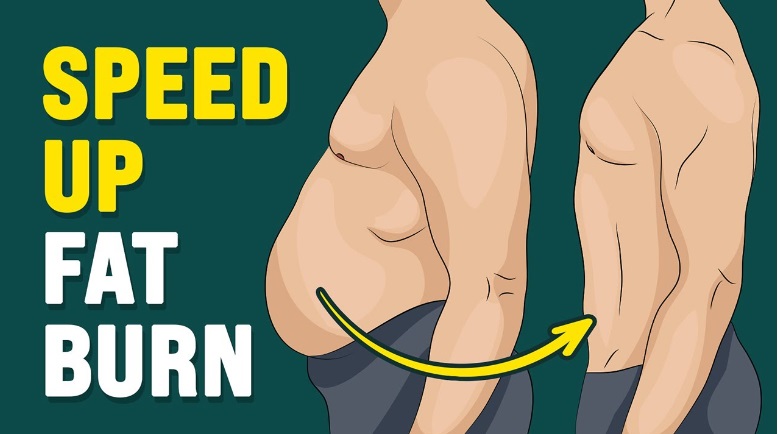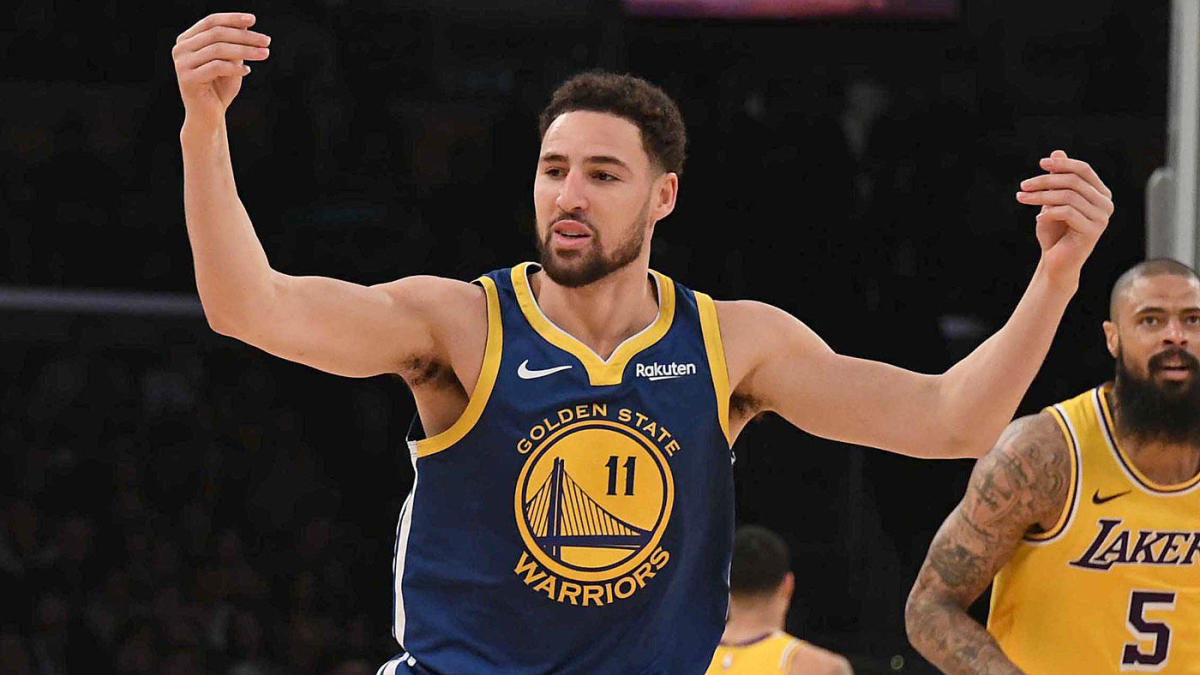Introduction:
Fat loss is a common goal for many people who are looking to improve their health and fitness. Losing fat not only improves your appearance but also reduces the risk of several chronic diseases, such as heart disease, type 2 diabetes, and cancer. However, losing fat can be a challenging process, and there is no one-size-fits-all approach to fat loss. In this article, we will discuss the most effective ways to lose fat and keep it off for good.
Part 1: Understanding Fat Loss
Before we dive into the specifics of how to lose fat, it is essential to understand what fat is and why it accumulates in our bodies. Fat is a storage form of energy that our bodies use when we are not consuming enough calories to meet our energy needs. When we consume more calories than we need, our bodies store the excess calories as fat, leading to weight gain over time.
To lose fat, we need to create a calorie deficit, which means consuming fewer calories than we burn. However, creating a calorie deficit can be challenging, and many people struggle with sticking to a calorie-restricted diet. In the next section, we will discuss the most effective ways to create a calorie deficit and lose fat.
Part 2: Creating a Calorie Deficit
The most effective way to create a calorie deficit is through a combination of diet and exercise.
Track your calories: Use a food diary or a calorie-tracking app to keep track of your daily calorie intake. This will help you become more aware of the calories you are consuming and make it easier to create a calorie deficit.
Reduce your calorie intake: To create a calorie deficit, you need to consume fewer calories than you burn. You can do this by reducing your calorie intake by 500-1000 calories per day. However, make sure not to reduce your calorie intake too much, as this can lead to nutrient deficiencies and muscle loss.
Increase your physical activity: Exercise is a highly effective way to burn calories and create a calorie deficit. The American Heart Association recommends aiming for at least 150 minutes of moderate-intensity exercise or 75 minutes of vigorous-intensity exercise per week.
Strength training: Strength training is essential for fat loss, as it helps preserve muscle mass while you are losing fat.
Part 3: The Best Foods for Fat Loss
While creating a calorie deficit is essential for fat loss, the quality of the foods you eat also matters. Here are some of the most effective foods for weight loss:
Protein: Protein is essential for fat loss, as it helps preserve muscle mass while you are losing fat. Aim to consume at least 0.8 grams of protein per pound.
Fruits and vegetables: Fruits and vegetables are low in calories and high in nutrients, making them an excellent choice for fat loss.
Whole grains: Whole grains are high in fiber, which can help you feel full and satisfied, making it easier to stick to a calorie-restricted diet.
Healthy fats: Healthy fats, such as those found in nuts, seeds, and fatty fish, can help improve heart health and promote fat loss.
Part 4: The Importance of Sleep and Stress Management
Sleep and stress management are often overlooked but essential factors for fat loss. Lack of sleep and chronic stress can disrupt hormone levels, leading to increased hunger and decreased metabolism, making it harder to lose fat.
Here are some tips for improving sleep and stress management:
Aim for at least seven hours of sleep per night.
Practice stress-reducing activities, such as yoga, meditation
Part 5: Supplementing for Fat Loss
While diet and exercise are the most important factors for fat loss, supplements can also be beneficial. Here are some of the most effective supplements for fat loss:
Caffeine: Caffeine is a natural stimulant that can help boost metabolism and fat burning.
Green tea extract: Green tea extract contains compounds called catechins that can help boost metabolism and fat burning.
Protein powder: Protein powder is a convenient and easy way to increase your protein intake, which can help with fat loss.
Omega-3 fatty acids: Omega-3 fatty acids, found in fatty fish and fish oil supplements, can help improve heart health and promote fat loss.
It is essential to note that supplements should not be relied on as the sole means of fat loss. It is important to consume these foods as part of a balanced diet and exercise program.
Part 6: Staying Motivated
Fat loss can be a challenging and long process, and it is essential to stay motivated to achieve your goals. Here are some tips for motivated:
Track your progress: Use a progress tracker, such as a food diary or a fitness app, to track your progress and celebrate your successes.
Find support: Join a support group, such as a fitness class or an online community, to find support and motivation from others.
Be patient: Fat loss takes time, and it is essential to be patient and consistent with your efforts.
Part 7: Conclusion
Fat loss is a challenging but achievable goal with the right mindset and approach. By creating a calorie deficit through a combination of diet and exercise, consuming the right foods, managing sleep and stress, supplementing, and staying motivated, you can achieve your fat loss goals and maintain a healthy weight for the long term. Remember to consult with a healthcare.
You can view the original article HERE.



:quality(85):upscale()/2025/02/27/808/n/1922398/26784cf967c0adcd4c0950.54527747_.jpg)

























:quality(85):upscale()/2022/07/31/090/n/1922564/8c33802562e727e487cee1.31368987_.png)